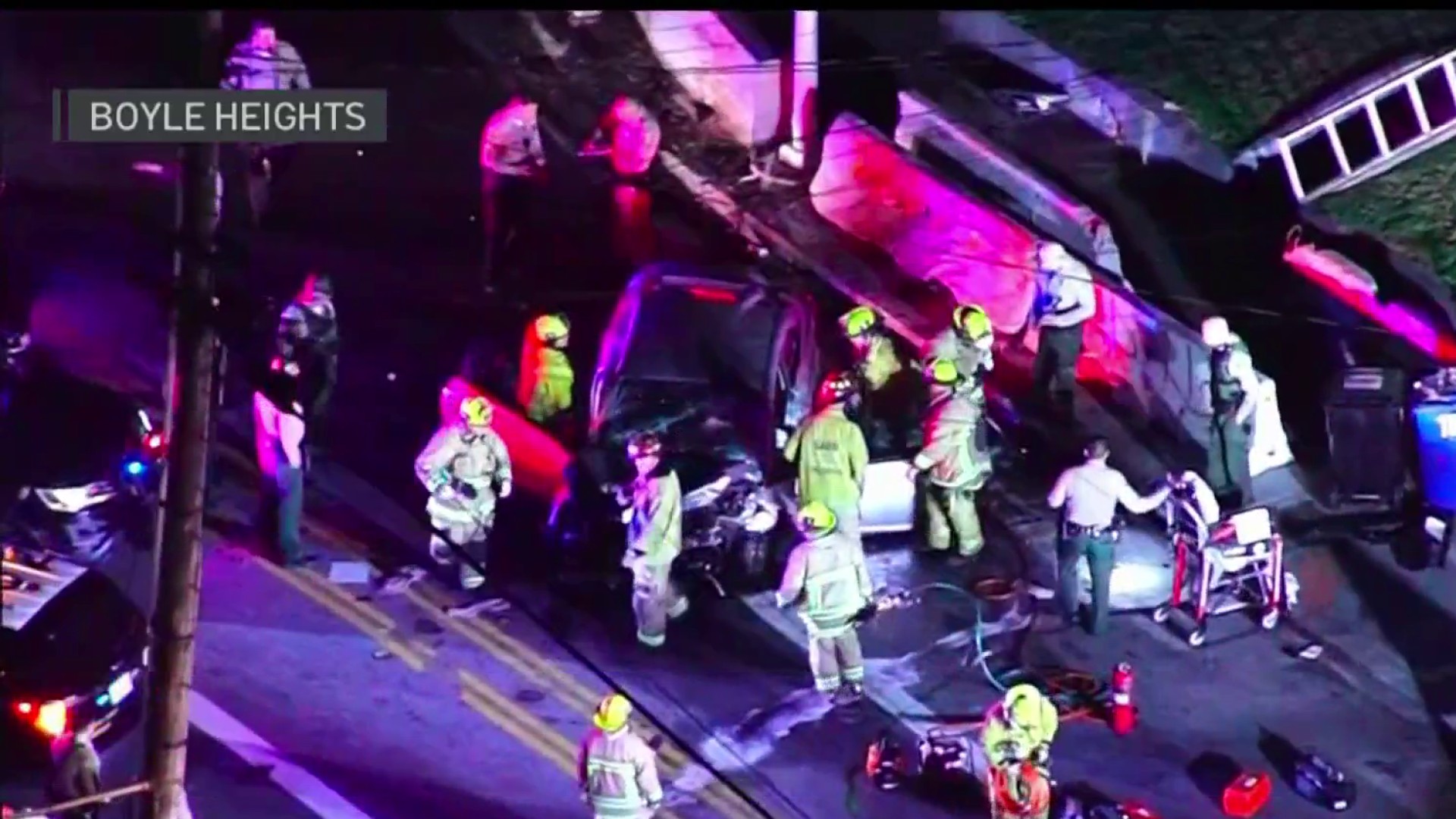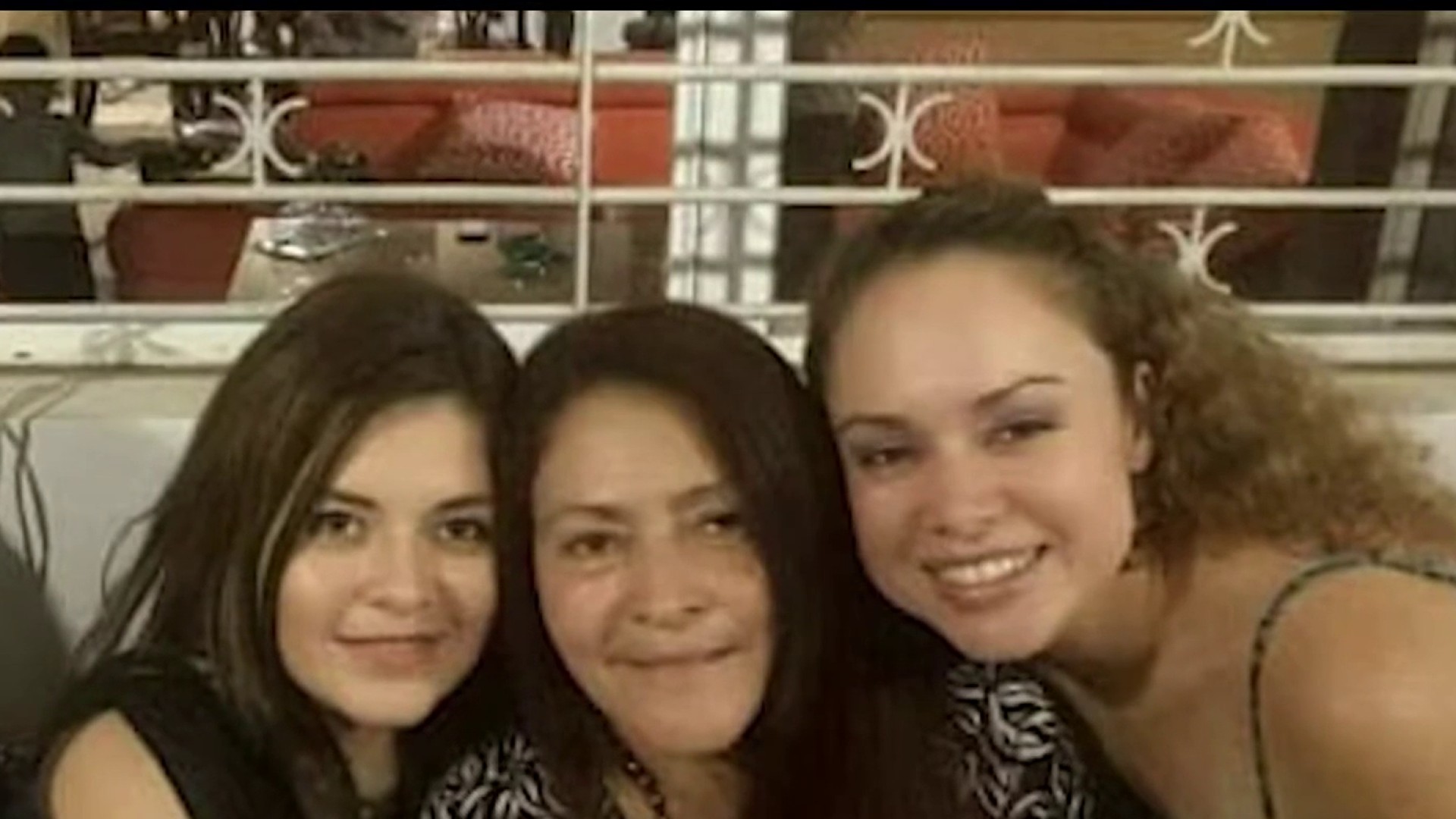At least 20 arrests were made after a drug bust in South Los Angeles Wednesday uncovered some 100 gallons of Phencyclidine, the drug otherwise known as PCP or angel dust, authorities said.
The investigation again linked the drug with the Grape Street Crips, and revealed that PCP was sent from Los Angeles to cities around the country, including in Texas, Maryland, North Carolina, Oklahoma and New York, according to the United States Attorney's Office.
“PCP producers and suppliers deal a toxic poison that destroys minds and contaminates our neighborhoods,” U.S. Attorney Andre Birotte Jr. said in a statement.
“Today’s operation breaks the grip that these drug makers and dealers have held on the neighborhoods of Watts and South Los Angeles by targeting the highest levels of PCP traffickers and those responsible for manufacture and distribution of this deadly drug.”
During the course of the federal investigation, authorities said they seized about 100 gallons of the drug, as well as ingredients that could have been used to create thousands more gallons of PCP.
One gallon of PCP contains nearly 77,000 doses of the drug, which induces symptoms similar to schizophrenia and can cause depression, hallucinations and sometimes death, officials said. In 2012, a gallon of PCP sold for about $12,000 in Los Angeles.
Federal prosecutors unsealed two indictments Wednesday that charge 40 defendants linked to PCP cook houses, distribution networks and South LA gangs.
News
Top news of the day
Of those 40 defendants, 20 were arrested Wednesday, three were already in custody and 17 are still at large, according to the United States Attorney's Office.
The investigation into the alleged drug-pushing operation was conducted by the High intensity Drug Trafficking Areas Task Force (HIDTA), Los Angeles Interagency Metropolitan Police Apprehension Crime Task Force and the Drug Enforcement Administration (DEA).
Allegedly at the helm was Anthony Dwight Bracken, an accused angel dust cooker based in San Bernardino with strong ties to South LA. Other “key players” charged include alleged distributors Andre Brown, Anthony Wilson and Eligin Gary Hawkins, all from South Los Angeles, federal authorities said.
Thirty-eight defendants in one indictment face charges of conspiracy to manufacture, distribute and possess with intent to distribute PCP. Because of the vast quantity of chemicals seized in the case, the defendants could face life sentences in federal prison without parole.
Two more defendants in a second indictment face charges of conspiracy to distribute PCP.
Three properties connected with the drug bust are now the target of injunctions by Los Angeles City Attorney Mike Feuer to curtail gang-related activity and drug dealing.
Two of the properties, according to Feuer’s office, are situated on the same block as the 102nd Street Early Education Center and Florence Griffith Joyner Elementary School.
“No one should have to live with havens for crime in their neighborhood,” Feuer said Wednesday. “No child should have to walk to school in fear.”
The injunction seeks court-ordered improvements -- including better lighting, tenant screenings and security guards -- to properties on South Anzac Avenue and East 102nd Street, the City Attorney’s Office said.
According to the indictment, Southern California is historically tied to "where PCP is manufactured." Officials said there's a 99 percent chance that any PCP bought in the U.S. originated in Southern California.
Six years ago, a similar investigation by federal authorities linked PCP and the Grape Street Crips and culminated with federal charges against 12 defendants.
A federal court arraignment was scheduled for Wednesday afternoon.



